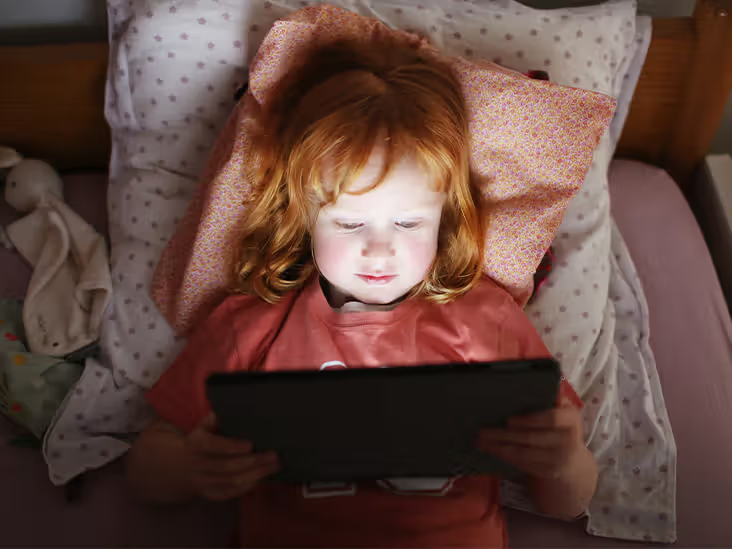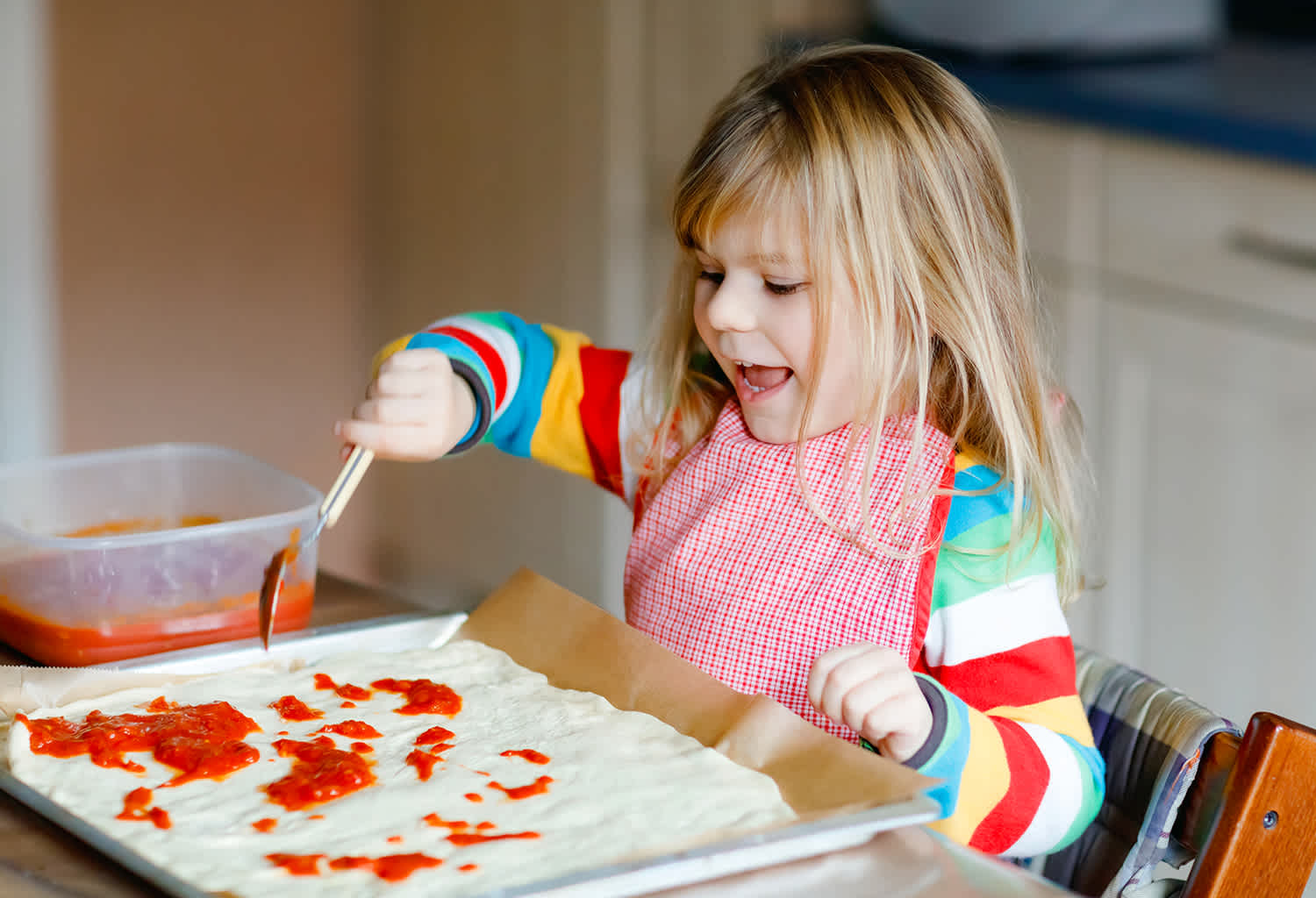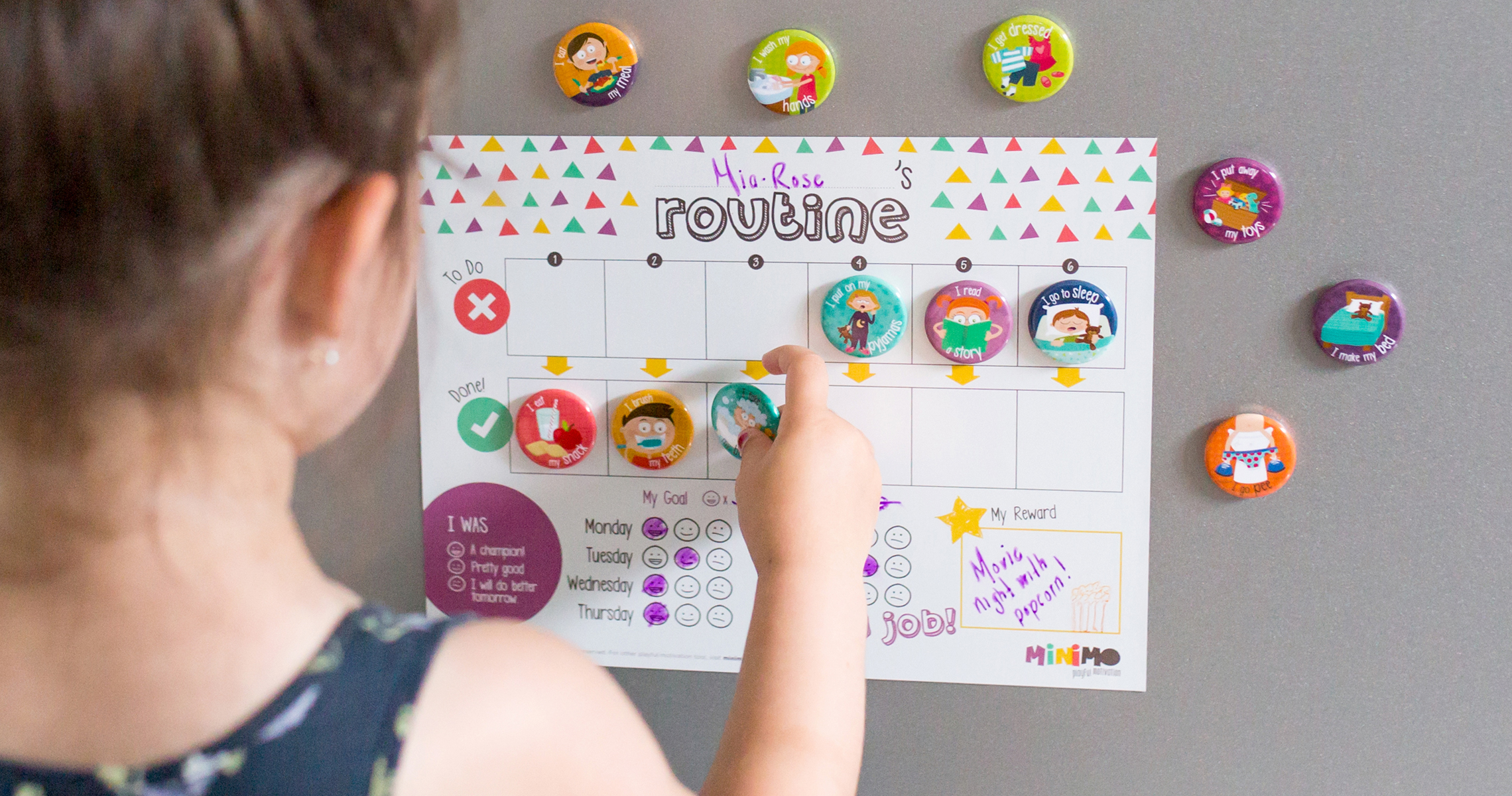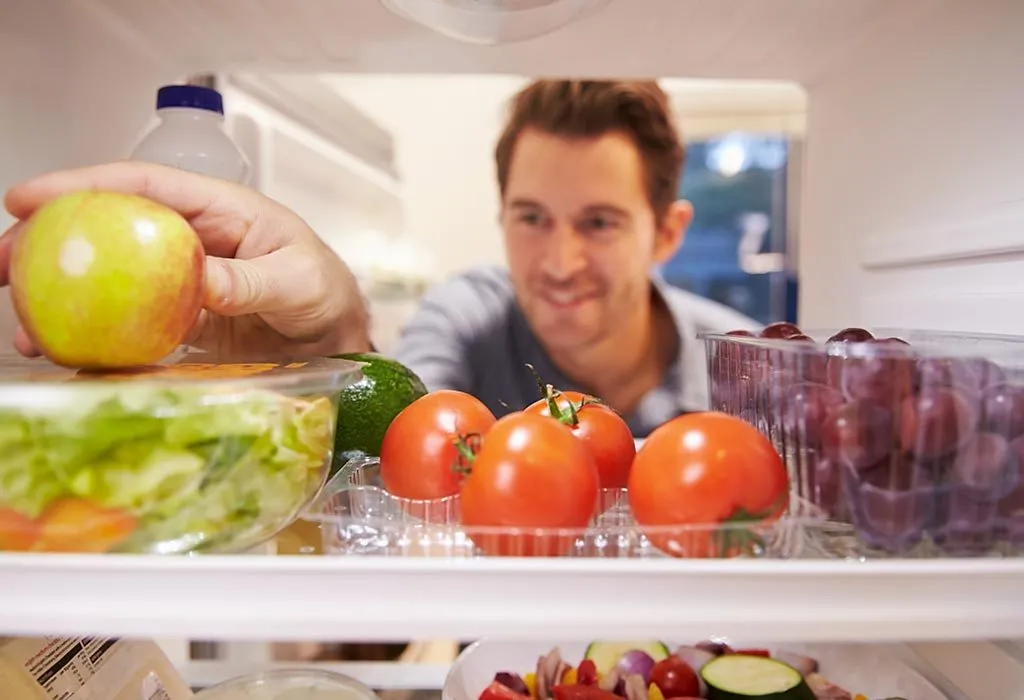Parenting Hacks: Practical Tips for Busy Moms and Dads
In today's society, being a parent has its own set of challenges. Parents today have to deal with a world that is hard to understand, full of busy plans, never-ending tasks, and a steady stream of information. Caring for kids can be challenging at times, but it's also very satisfying. When making good decisions for their kids, parents are always looking for tried-and-true tips and support. This is because they must deal with tantrums and ensure their kids are developing typically.
There is no better time like now for practical and time-saving solutions. Busy parents crave advice that works and is easy to apply daily. Many people want helpful parenting tips, like quick fixes, healthy food, enough sleep, and things that will help kids learn and grow. So, with these solutions, a parent can make their home a safe and caring place for their toddler, improving their general health.
What is the secret of successful parenting? Here at trusted10.io, we realize how complicated modern parenting is, and honestly, we would like to help you. Our experts keep giving you the best parenting tips for kids, ensuring that every piece of advice is based on real-life experience. Because of this, this blog will review some essential parenting tips and tricks to make your experience more fun and less stressful. Please find out how we can be the go-to source for everything about raising a happy, healthy toddler.
Tip 1: Set Screen Time Limits for Kids

Setting screen time limits for kids is crucial in today's digital age. Even though computers can be fun and valuable, too much use can hinder your child's growth. For example, sleep, social relationships, and physical exercise. Setting clear limits on your toddler's screen time can help you ensure they have a healthy daily routine that helps them learn and grow.
Here are some practical steps to help set adequate screen time limits:
- Set Specific Times: Set times for screen time, like after meals or during certain parts of the day.
- Create Screen-Free Zones: Make sure that some areas of your home, such as the bedroom and the dining room, are off-limits to screens.
- Use Parental Controls: Use the parenting controls on your gadgets to keep your kids from using certain apps and programs.
- Encourage Alternative Activities: To make computers less appealing, offer a range of fun things to do, like reading, playing outside, and arts and crafts.
- Lead by Example: Limit your screen time and do things with your family to show others how to use screens healthily.
Using these parenting tips for toddlers, you can ensure your child gets the right amount of screen time for their health. Setting and limiting screen time is essential to encouraging a healthy lifestyle. This way, you can ensure that your child gets the benefits of technology while avoiding the problems that could come up with it.
Tip 2: Make Mealtime Fun for Kids

Making mealtimes fun for kids is a great way to get them to eat well and avoid fights over meals. Little ones are likelier to try new things and eat well when they enjoy their meals. Making mealtimes fun can help people feel good about food and spending time with their families.
Here are some creative ideas to make mealtime more engaging for your toddler:
- Colorful Plates: Use a range of brightly colored fruits and veggies to make plates that look good. You may make food more enticing to your youngster by arranging it in entertaining shapes or colors.
- Interactive Meals: Get your child involved in making meals. They might be more excited to eat what they helped create if they do simple things like stir ingredients, wash veggies, or put together mini pizzas.
- Themed Meals: Plan special meals every once in a while based on your child's favorite movies, books, or figures. For example, vegetable trees and chicken nugget dinosaurs can be used to make a "dinosaur-themed" meal.
- Storytime Dinners: Combine mealtime with storytelling. Makeup stories at the dinner table about where the food came from or what their favorite figures did.
- Reward Systems: Use stickers or other small prizes to reward your child for trying new things. This will make mealtimes fun and satisfying.
Adding these fun things to your routine not only makes meals more fun, but it also helps kids develop a love for healthy food. Easy meal prep for kids is another way to cut down on time. Because of this, you will have more time to prepare these delightful meals.
Tip 3: Create a Daily Routine for Kids

A daily routine would give kids order and safety by letting them know what will happen during the day and making them feel safe. If you have a good pattern, some of the things you do every day will be much easier, which will help your child form good habits. Routines help kids and adults feel less anxious and stressed and make the house a better place to live.
Here are the practical tips for building a winning daily routine:
- Morning Routine: Get up at the same time every morning, brush your teeth, get dressed, and eat breakfast with a positive attitude. The remainder of the day will be shaped by this.
- Play and Learning Schedules: Set aside specific times for free play and other learning activities so your child can show you care and learn the necessary skills.
- Regular Meal and Snack Times: Children can keep their energy and blood sugar stable by eating meals and snacks regularly throughout the day.
- Quiet Time or Naps: Plan for the child to have some quiet time or naps during the day to rest and get the energy they need to stay healthy.
Your child will better understand life is about order and duty if they have a daily plan. This gives kids order, which is good for their physical and mental health, and the ability to be independent and follow through. A good habit, on the other hand, can turn daily chaos into a smooth, regular flow that makes everyone's life easier and better.
Tip 4: Establish a Bedtime Routine

Setting a bedtime routine is vital for everyone, but kids especially need to do it to get enough rest for good growth and development. An evening habit helps you relax and get ready for sleep by setting the mood that it's time to wind down. Not only does it help you sleep better and make you feel better at the end of the day, but it also means fewer fights in bed and fewer problems at night.
Here are some of the ways you can go about creating a helpful bedtime routine.
- Wind-Down Activities: If you want to start calm, read a book, listen to soft music, or play quietly. This will help your kid calm down and fall asleep.
- Bath Time: Nothing beats a soothing bath to wind down and get you ready for bed. It should help your child settle down and feel more cozy and sleepy.
- Oral Hygiene Routine and Pajamas: Let your kid do what they need, like brushing their teeth and putting on clothes. This will teach your child good health and let them know it's time to relax.
- Bedtime Routine: Finish by setting a regular sleep routine that includes telling everyone in the house good night, giving them a hug or kiss, or turning on a night light.
As the last thing your child does before bed, this should make them feel safe and at ease. Your preschooler's bedtime routine should be a comfortable and relaxing chain of events. Put these things together. Sticking to your preschooler's bedtime routine will help ensure enough rest for the mind and body. Your child's health will improve if they sleep well, and this should be a habit that everyone in the family follows. It will also make the evenings more peaceful and regular.
Tip 5: Find Time For Self-Care as a Parent

You, too, as a parent, should find time for self-care. Parenting alone may lead you to lose yourself, but being in good condition will undoubtedly make most of the best practices available in your home. Prioritize self-care so you may be at your best. This is important to help you recharge, alleviate stress, and balance your life. Some helpful self-care suggestions for parents on the go are below.
- Schedule "Me Time": Just like you have scheduled activities for your child, schedule some time for yourself. It may be a few minutes before everyone wakes up in the morning or a quiet evening after the kids are asleep. Plan "me time" to ensure self-care becomes a priority.
- Use Support Systems: Feel free to take up help from family, friends, or sitters provided by your childcare provider. If there is anyone who can take care of your baby for just a little while, you could use that time to recharge yourself.
- Incorporate Self-Care into Daily Activities: This will let you incorporate it into your everyday routine. For example, listen to your favorite podcast as you cook or do a quick workout while your child is in bed. These time-saving hacks for busy moms will help you quickly incorporate self-care into your day.
- Mindfulness: Meditation and deep breathing are two examples of simple mindfulness practices that may improve your health and alleviate stress. Even a few minutes each day can help improve your overall mental health.
- Social Connection: Social connections are crucial to your emotional well-being. Make time to meet friends or join a parenting group to share experiences and access support.
You will be a great role model for your kid if you make self-care a priority. Attending to oneself makes one more patient, energetically charged, and emotionally available—all attributes resulting in being a better caregiver. Remember, self-care is not selfish. It does the opposite: it sustains you, allowing you to stay healthy and happy as a parent.
Tip 7: Practice Self-Compassion as a Parent

As a parent, you must practice self-compassion to keep your mental health in good shape and a happy attitude. As a parent, you must deal with a lot of stress and criticism of your parenting. When you practice self-compassion, you can be nicer to yourself and accept that you have flaws and make mistakes. Maintaining this mindset will benefit you and provide a positive example for your children.
As a parent, you may practice self-compassion in the following ways:
- Acknowledge Your Feelings: Don't judge yourself as you feel, and talk about your feelings. Whether angry, tired, or worried, the first step to self-compassion is recognizing that these feelings are standard parts of being a parent.
- Be Realistic with Expectations: Set goals for yourself that are reasonable and attainable. Understand that you can't be perfect and that it's okay to have bad days. Stop dwelling on your perceived shortcomings and start rejoicing in your progress.
- Practice Mindfulness: Practices like meditation and deep breathing may help you remain peaceful and grounded in the here and now. You may cultivate a more compassionate attitude by practicing these strategies, which help you become more self-aware without passing judgment on your ideas and emotions.
- Positive Self-Talk: Positive mantras should be used instead of negative self-talk. It could be helpful to reflect on your parenting accomplishments. Saying things to yourself like "I am doing my best" or "I am a good parent" can help you be more kind to yourself.
- Seek Support: Talk to other parents who can help you understand and empathize. Sharing your thoughts and experiences can make you feel less alone and more encouraged as you become a parent.
A more caring and compassionate attitude toward yourself can be gained by incorporating these techniques into your daily life. This shows your kids how to take care of themselves and be strong, and it teaches them how important it is to be kind and accept themselves. Remember that one of the parenting tips for toddlers is to be kind to yourself because your health affects how well you can care for and support your kid. Self-compassion is a vital tool that can help you handle the good and bad parts of being a parent with poise and assurance.
Conclusion
We've talked about many ways to help parents deal with the problems of having kids on this blog. Setting fair limits and boundaries, encouraging independent play, making mealtimes easier with healthy, easy-to-make meals, making sure there is a regular sleep routine, and making it easier to do jobs and run errands around the house are all things we've talked about.
These valuable and helpful parenting tips can make a big difference in your daily life, lowering stress and making your home a better place for everyone. Making these changes to your routine can help your child grow and develop while giving yourself and your family more time.
Make trusted10.io your go-to source for parenting advice and more. Count on our specialists to provide you with useful information and advice that will assist you in your role as a parent. Stay in touch with us for more articles, tools, and help as you go through the fun and satisfying process of having a healthy, happy child.










